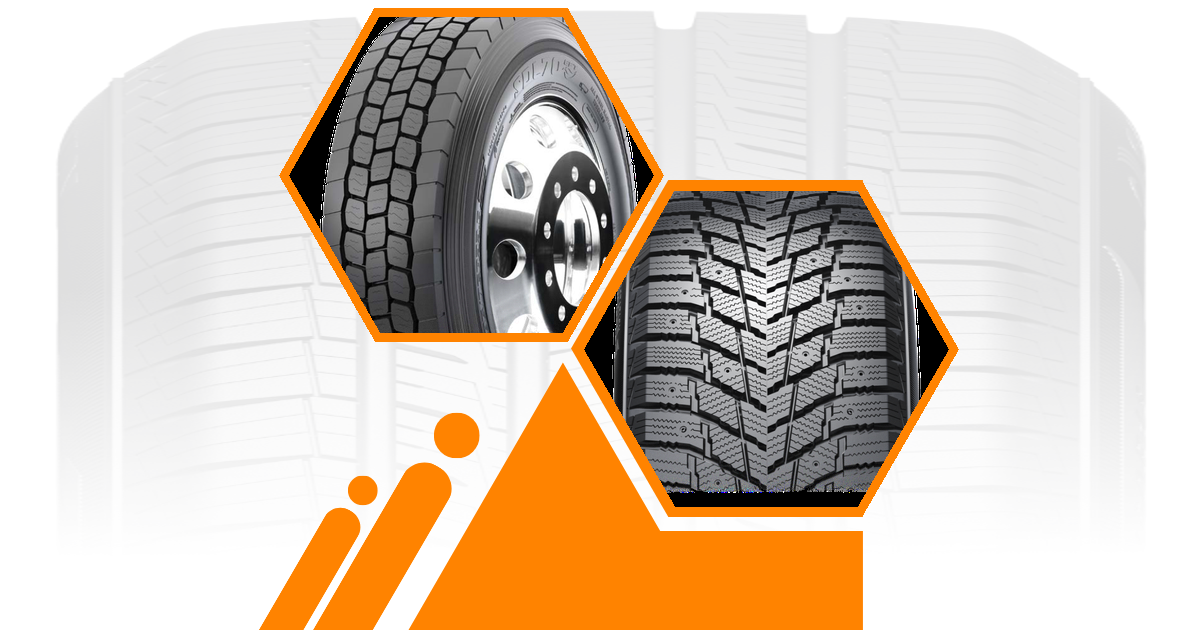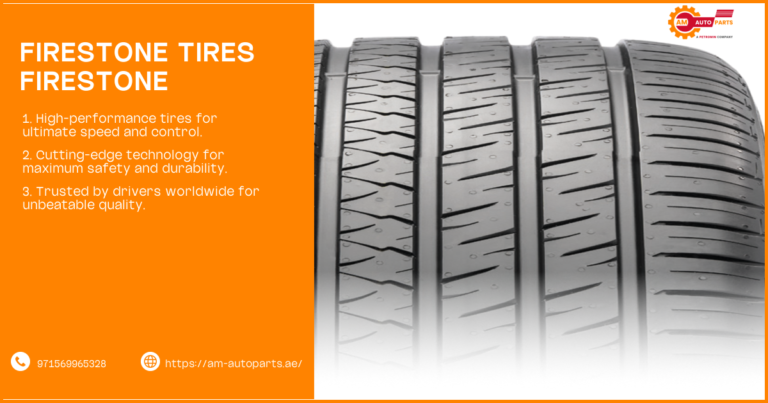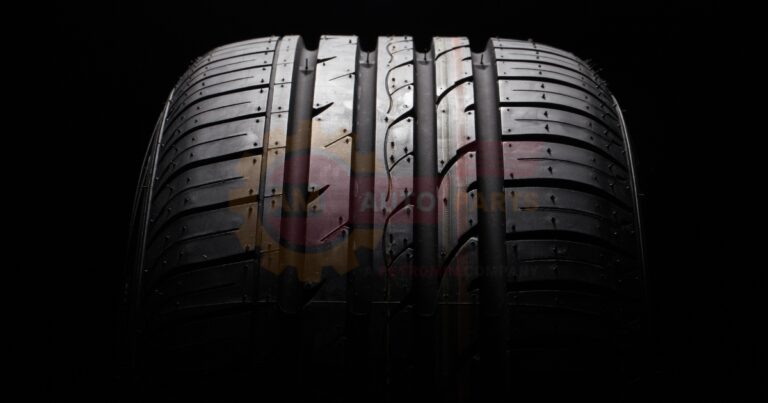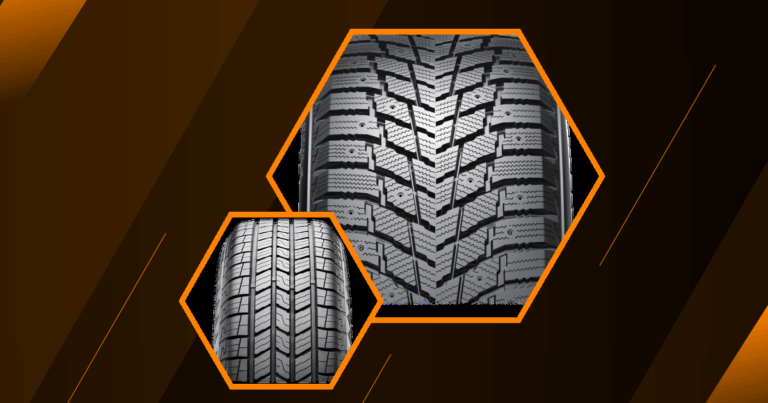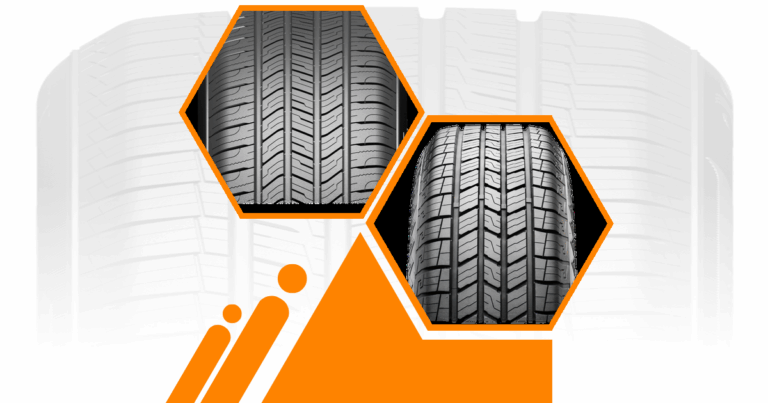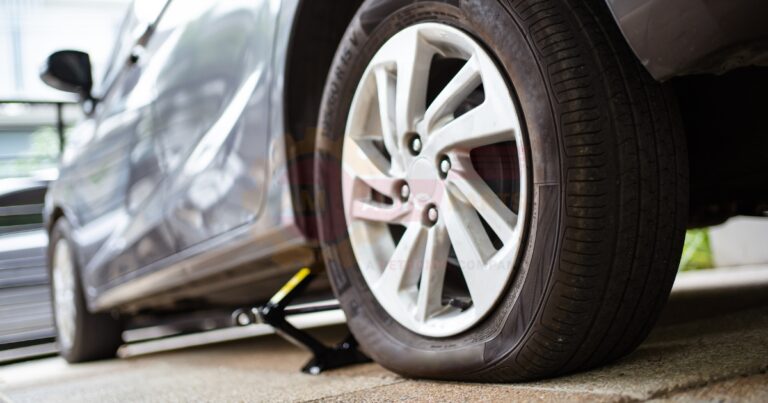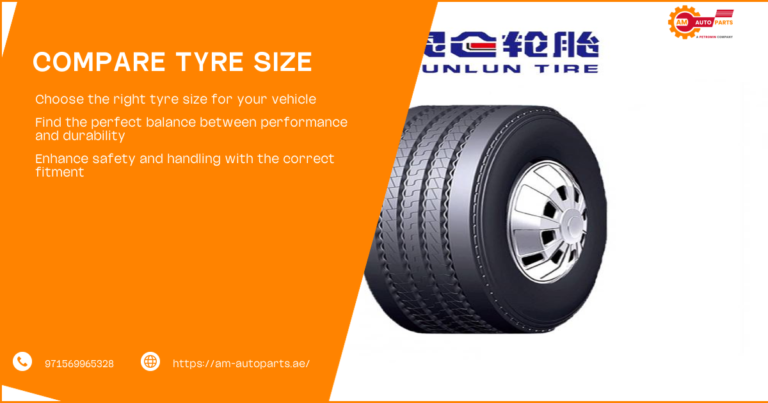All-Season Tyres and Summer Tyres
What are All-Season Tyres?
All-Season Tyres are designed to provide a balanced performance in various weather conditions. They are crafted to handle both dry and wet roads, making them a versatile choice for many drivers. These tyres are built with a tread pattern and rubber compound that can adapt to different temperatures, offering a moderate level of grip and comfort throughout the year.
- Suitable for mild climates
- Offer a compromise between summer and winter tyres
- Provide decent traction in light snow
What are Summer Tyres?
Summer Tyres are specifically engineered for optimal performance in warm weather. They excel in providing superior grip and handling on dry and wet roads during the summer months. The tread pattern and rubber compound of summer tyres are designed to enhance braking and cornering capabilities, making them ideal for high-performance vehicles.
- Best for temperatures above 7°C
- Enhanced traction and handling on dry roads
- Not suitable for cold or snowy conditions
Key Differences Between All-Season and Summer Tyres
The primary differences between All-Season and Summer Tyres lie in their design and performance capabilities. All-Season Tyres offer a balanced performance across different conditions, while Summer Tyres are optimized for warm weather and dry road performance.
Feature | All-Season Tyres | Summer Tyres |
Temperature Suitability | Moderate temperatures | Warm temperatures |
Tread Design | Versatile for various conditions | Optimized for dry and wet roads |
Performance | Balanced | Superior in warm conditions |
Performance Comparison: All-Season vs Summer Tyres
Dry Road Performance
Summer Tyres provide exceptional dry road performance due to their specialized tread patterns and rubber compounds. They offer superior grip and handling, making them ideal for high-speed driving and sharp cornering. In contrast, All-Season Tyres offer adequate performance on dry roads but may not match the precision of Summer Tyres.
- Summer Tyres: Superior grip and handling
- All-Season Tyres: Adequate performance
Wet Road Performance
Both All-Season and Summer Tyres are designed to handle wet conditions, but Summer Tyres often have an edge due to their advanced tread patterns that channel water away more effectively. This reduces the risk of hydroplaning and enhances safety during rainy weather.
- Summer Tyres: Better water dispersion
- All-Season Tyres: Reliable wet performance
Temperature Range and Seasonal Suitability
All-Season Tyres are suitable for a wide range of temperatures, making them a practical choice for regions with mild weather variations. Summer Tyres, however, are specifically designed for warm weather and may lose effectiveness in colder temperatures.
- All-Season Tyres: Versatile temperature range
- Summer Tyres: Best for warm climates
Tread Pattern and Compound Differences
The tread pattern and rubber compound of a tyre significantly influence its performance. Summer Tyres have a softer compound and fewer grooves, enhancing grip and speed. All-Season Tyres have a harder compound and more grooves, providing a balance between grip and longevity.
- Summer Tyres: Softer compound, fewer grooves
- All-Season Tyres: Harder compound, more grooves
Choosing the Right Tyre for Your Vehicle and Driving Conditions
Factors to Consider When Selecting Tyres
When choosing between All-Season and Summer Tyres, consider factors such as climate, driving style, and vehicle type. Your decision should align with your specific driving needs and the typical weather conditions in your area.
- Climate and weather conditions
- Driving style and frequency
- Vehicle type and usage
AM Autoparts Tyre Decision Guide
AM Autoparts offers a comprehensive guide to help you choose the right tyres for your vehicle. Their expert recommendations are based on extensive research and customer feedback, ensuring you make an informed decision.
- Expert recommendations
- Customer feedback insights
- Comprehensive tyre selection guide
Tyre Size and Vehicle Compatibility
Ensuring the correct tyre size and compatibility with your vehicle is crucial for safety and performance. Consult your vehicle’s manual or a professional to determine the appropriate tyre size for your car.
- Check vehicle manual for tyre size
- Consult professionals for compatibility
- Importance of correct tyre size
All-Season Tyres: Advantages and Limitations
Year-Round Versatility
All-Season Tyres offer the convenience of year-round use, eliminating the need for seasonal tyre changes. They provide a balanced performance in various conditions, making them a practical choice for many drivers.
- No need for seasonal changes
- Balanced performance in different conditions
- Practical for mild climates
Balanced Performance in Various Conditions
These tyres are designed to handle a variety of road conditions, from dry to wet surfaces. While they may not excel in extreme conditions, they offer reliable performance for everyday driving.
- Reliable in dry and wet conditions
- Not ideal for extreme weather
- Suitable for everyday driving
Cost-Effectiveness and Convenience
All-Season Tyres are cost-effective as they eliminate the need for purchasing and storing multiple sets of tyres. Their versatility and convenience make them a popular choice for budget-conscious drivers.
- Cost-effective solution
- Eliminates need for multiple tyre sets
- Convenient for budget-conscious drivers
Summer Tyres: Benefits and Drawbacks
Superior Dry Road Handling and Braking
Summer Tyres are known for their exceptional handling and braking capabilities on dry roads. Their specialized design allows for precise control and enhanced safety during high-speed driving.
- Exceptional handling on dry roads
- Enhanced braking capabilities
- Ideal for high-speed driving
Enhanced Performance in Warm Weather
These tyres are optimized for warm weather, providing superior grip and performance. They are ideal for drivers who prioritize speed and agility in their driving experience.
- Optimized for warm weather
- Superior grip and performance
- Ideal for speed and agility
Limited Use in Cold or Snowy Conditions
While Summer Tyres excel in warm weather, they are not suitable for cold or snowy conditions. Their performance diminishes in low temperatures, making them a less versatile option compared to All-Season Tyres.
- Not suitable for cold conditions
- Performance diminishes in low temperatures
- Less versatile than All-Season Tyres
Tyre Maintenance and Care Tips
Proper Tyre Pressure and Regular Checks
Maintaining the correct tyre pressure is essential for safety and performance. Regularly check your tyre pressure and adjust it according to the manufacturer’s recommendations to ensure optimal performance.
- Regularly check tyre pressure
- Adjust according to manufacturer’s recommendations
- Ensures safety and performance
Tyre Rotation and Alignment
Regular tyre rotation and alignment help extend the lifespan of your tyres and ensure even wear. This practice enhances vehicle stability and improves fuel efficiency.
- Regular rotation extends tyre lifespan
- Ensures even wear and stability
- Improves fuel efficiency
Tread Depth Monitoring and Replacement
Monitoring tread depth is crucial for maintaining traction and safety. Replace tyres when the tread depth falls below the recommended level to ensure optimal performance.
- Monitor tread depth regularly
- Replace tyres when necessary
- Ensures traction and safety
Tyre Safety and Performance Statistics
Stopping Distance Comparison
According to the National Highway Traffic Safety Administration (nhtsa.gov), Summer Tyres have a shorter stopping distance on dry roads compared to All-Season Tyres. This highlights their superior braking capabilities in warm conditions.
Fuel Efficiency Impact of Proper Tyre Maintenance
The U.S. Department of Energy (energy.gov) states that proper tyre maintenance, including correct pressure and alignment, can improve fuel efficiency by up to 3%. This emphasizes the importance of regular tyre care.
Tyre-Related Accident Statistics
The European Tyre and Rubber Manufacturers’ Association (etrma.org) reports that tyre-related accidents are often due to improper maintenance. Ensuring regular checks and replacements can significantly reduce the risk of accidents.
Specialized Tyres for Specific Vehicles and Driving Needs
SUV and 4×4 Tyres
SUV and 4×4 Tyres are designed to handle off-road conditions and provide enhanced traction and durability. They are ideal for drivers who frequently venture off the beaten path.
- Enhanced traction for off-road conditions
- Durable and robust design
- Ideal for adventurous drivers
Performance Tyres for Sports Cars
Performance Tyres are crafted for sports cars, offering superior grip and handling at high speeds. They enhance the driving experience by providing precise control and stability.
- Superior grip for high-speed driving
- Enhanced handling and control
- Ideal for sports car enthusiasts
Electric Vehicle (EV) Tyres
EV Tyres are designed to support the unique requirements of electric vehicles, including weight distribution and energy efficiency. They offer low rolling resistance to maximize battery life.
- Supports EV weight distribution
- Enhances energy efficiency
- Low rolling resistance for battery life
Environmental Considerations and Tyre Recycling
Eco-Friendly Tyre Options
Eco-friendly tyres are made from sustainable materials and designed to reduce environmental impact. They offer low rolling resistance, which improves fuel efficiency and reduces emissions.
- Made from sustainable materials
- Reduces environmental impact
- Improves fuel efficiency
Proper Disposal and Recycling of Used Tyres
Proper disposal and recycling of used tyres are crucial for environmental conservation. Many organizations offer recycling programs to ensure tyres are disposed of responsibly.
- Crucial for environmental conservation
- Recycling programs available
- Ensures responsible disposal
FAQs
Are all-season tyres good for summer driving?
All-Season Tyres are suitable for summer driving, offering a balanced performance on dry and wet roads. However, they may not match the superior handling and grip of Summer Tyres in warm conditions.
Can I use summer tyres all year round?
Using Summer Tyres all year round is not recommended, especially in regions with cold winters. Their performance diminishes in low temperatures, making them unsuitable for winter conditions.
How long do all-season tyres last compared to summer tyres?
All-Season Tyres generally have a longer lifespan compared to Summer Tyres due to their harder rubber compound. However, the actual lifespan depends on driving habits and maintenance practices.
What temperature is too cold for summer tyres?
Summer Tyres are not designed for temperatures below 7°C, as their performance and grip significantly decrease in colder conditions. It’s advisable to switch to All-Season or Winter Tyres in such climates.
Do all-season tyres perform well in snow?
All-Season Tyres can handle light snow but are not ideal for heavy snow or icy conditions. For optimal performance in snowy weather, Winter Tyres are recommended.
